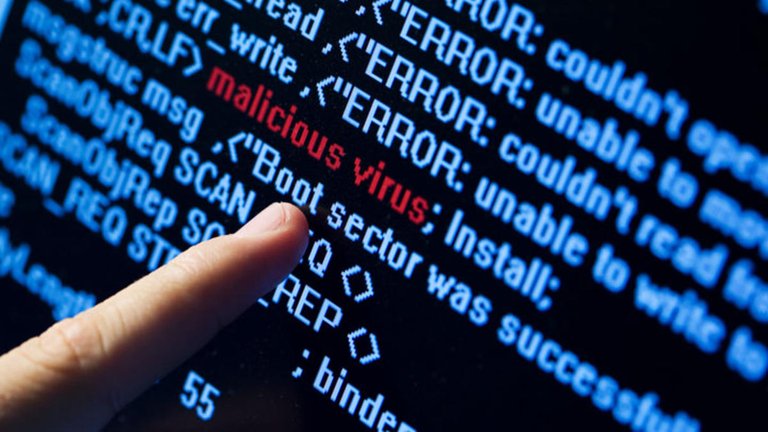Have you ever noticed that your Windows computer is getting slow down day by day? It's weird, right? I have been using Windows for years since Microsoft released the XP version. After that, I have upgraded to Vista, Windows 7, Windows 8, Windows 8.1 and now I'm using Windows 10.
I must say that there's nothing I have to complain about this operating system from Microsoft. It was totally awesome, and most features are handy.
However, part of Windows users is keeping complain about this most powerful desktop operating system for some annoying reasons. They didn't know that those errors occur due to the way they use their computer.
For example, some people claimed that their computers are being slowly and can't do anything at all. But they didn't know that because of not install antivirus and protect their PCs from online threats. Their computers are infected with viruses, malware, even adware and make them run slower due to run out of resources.
That's why in this blog post, I will share with you several reasons why your Windows computer runs slowly. Also, I will list out a few handy methods that you can use to get rid of those problems.
1. Viruses, Malware and Adware
In most cases, virus (or all the bad programs: malware, adware and malicious apps) is the primary reason to make a computer run slowly. The point is when those bad apps infect your computer, they will take up all the PC resources for their purposes.

Therefore, nothing left for your Windows PC to run other apps. You can test this situation in an easy way by opening a lot of apps on your computer to make it runs out of resources. Then you will notice that all the apps start to run very slow.
To get rid of this type of issues, you can purchase, download a top-rated antivirus software like Kaspersky and then install on your Windows PC. Then start a full and deep scan to search for viruses, malware, or any kind of malicious programs, and remove them out of your computer.
2. Corrupted System Files
The next reason that makes your Windows PC runs slowly is the corruption in system files. Most system files are protected and can't be adjusted or deleted by users. However, if there were some interruptions, it can damage system files.
For example, if your computer is upgrading Windows files, like a major update, but suddenly the power went off. Then apparently the update process will interrupt and could lead to damaged system files.
As I mentioned, damaged system files can make your computer runs slowly. But the serious problem is that it could cause BSOD errors (Blue Screen of Death). Those are the worst errors in Microsoft's Windows.
Fortunately, there was a built-in tool in Windows called System File Checker, which will help you scan for corrupted files and repair automatically. You don't need to worry about this type of errors in case you have prepared everything, like a Recovery drive in case something didn't go right.
3. Install Too Many Apps
The next reason on the list is that you have installed too many apps on your computer and I'm sure you rare to use most of them. So to make sure your computer runs faster, uninstall unnecessary programs out of your computer.
The main reason isn't those apps take up a lot of storage space, but they sometimes add themselves to Startup process automatically. Hence, when you power on your Windows PC, all of those apps will be launched within the bootup process. So, how your computer can run fast when a lot of apps were opened.
Here are a few other resources for looking for solutions to resolve those irritating issues in Windows:
Check them out!
Very informative post dear, upvoted, resteemed and followed :))
Thanks :) I'll keep posting technical articles more often :)
Great, no worries now on as they will endup in my feed page. Thanks for sharing your knowledge & expertise, tonytran :))
You must have the control of your computer and apps under your finger, if you want. So, before considering uninstalling, just remove them from the startup.
Thank you for your comment.
As I mentioned, just uninstall unnecessary apps.
Why? I want them! I just use them rarely, and so I want to start them when I need to, not at the start-up!
Of course. In that case, remove them from Startup and well, that's it :)